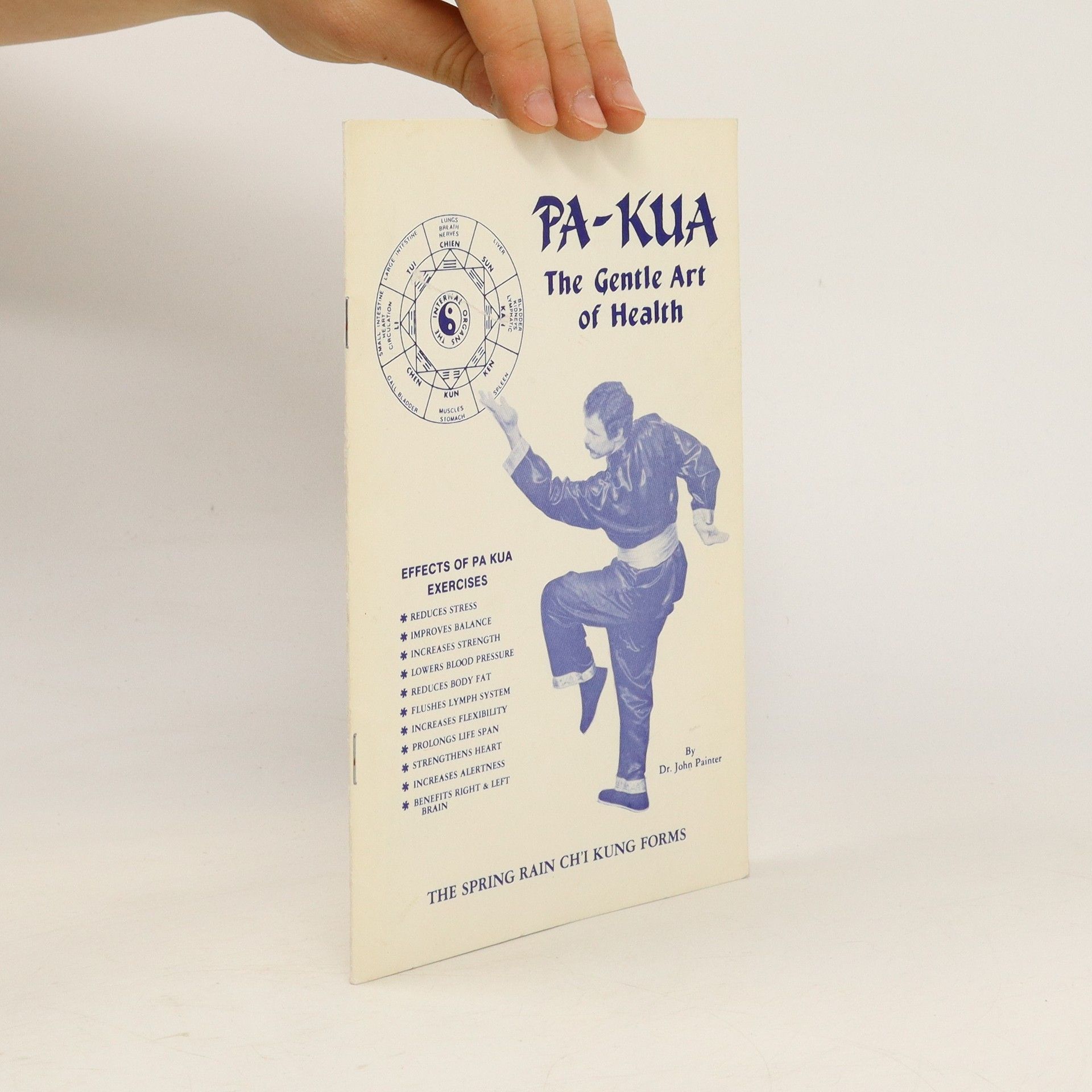Pa-Kua
The Gentle Art of Health
John Painter is een vooraanstaand bijbelgeleerde en theologieprofessor, wiens werk diep ingaat op het begrip van bijbelse teksten en hun historische context. Zijn onderzoek belicht sleutelfiguren en tradities en biedt lezers nieuwe perspectieven op bekende verhalen. Painter's academische benadering is doordrenkt van een gave om complexe theologische concepten toegankelijk te maken.

The Gentle Art of Health